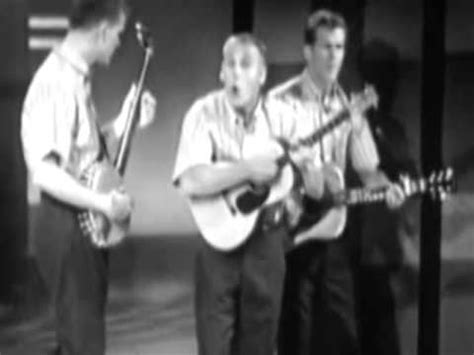Carolyn J. Rose
While grocery shopping
recently I found an aisle blocked by an elderly man. Hunched over his empty
basket, he studied a slip of paper with the intense concentration that cracked
the Enigma Code. I waited. He remained motionless. I executed a U-turn for the
chip aisle.
20 minutes later I saw him
again. He was on the move, but still squinting at his list. In his basket was a
single can of beans.
The next day, I wondered if he
was still roaming the aisles. A day later I imagined him as a modern-day
version of Charlie, the doomed Boston MTA commuter immortalized in a Kingston
Trio song.
While you’re humming that song
about the man who never returned, or perhaps finding it on YouTube, I’ll get to
the first point of this essay. There are a lot of older men—and probably women
as well—who could use help navigating supermarket aisles. Maybe their partners
abruptly handed off shopping duties, leaving them struggling to decipher
handwriting, locate items, and bring home the correct brand and size. Maybe
divorce, or even death, cast them adrift in a sea of selections. Struck dumb by
the vast number of possibilities, vision blurs, steps falter, senses overload.
They become paralyzed with indecision.
(But wait. Let’s go back to
the MTA for a moment. Has anyone else wondered why Charlie’s wife managed to
hand him a sandwich but not the coins for the exit fee? Was this shoddy
thinking, or was their marriage on the rocks?)
Supermarket paralysis, a
friend insists, affects men more than women. Men, he claims, are genetically
programmed to hunt large game and women to gather nuts and berries. Women
therefore excel at distinguishing small details and remembering where to find soup
or celery. Or, perhaps women are more familiar with the terrain and more
accustomed to coping with varying layouts and constant tides of new products
and packaging.
(But let’s return to the MTA
for another moment. If Charlie couldn’t get off the train to get to work and
earn money, how did his wife pay for sandwich makings?)
Now to my second point: I see
an opportunity for supermarkets to tap the sensory-overload market by
establishing special shopping hours. Employees might supply maps or crash
courses in the use of shopping apps. Stores might provide a place for shoppers
to meet, compare lists, share tips, and even strike up friendships.
(One more return to the MTA
and that sandwich. Was it the same every day? A pickle on the side? Chips? A
can of cola?)
Okay, too much overthinking.
Perhaps that man in the supermarket wasn’t paralyzed with indecision. Perhaps
he was simply lingering to enjoy time away from home.
And maybe that was Charlie’s
intention. After all, he put only 10 cents in his pocket. Not enough for the
exit fee. And certainly not enough for a return ticket.
Think about it.
While you're pondering, you can paste the link below into your browser if you're in the market to make MTA by the Kingston Trio your next earworm.
https://www.youtube.com/watch?v=S7Jw_v3F_Q0


I remember my mother sending my father to the grocery store in their later years. An unusual occurance. I happened to be home visiting and decided to tag along. Although he had been in this particular grocery store many times before, he was absolutely flumoxxed. Similar to the gentelman you described my dad stared at the list. What aisle was the coffee? Which shelf held the pork n beans? Was the milk at the back of the store? A stranger in a strange land. I jumped in to help realizing that all of his years of previous visits had consisted of following my mom while pushing that cart and unloading the bags into the back of our station wagon. All the while hoping they'd be home in time for him to catch the game on tv. I read about grocery chains in Scandinavian countries where they have a designated "slow" lane for folks who want to chat with the checkers. Your idea of "grocery 101" classes would fill a needed niche. :-)
ReplyDelete